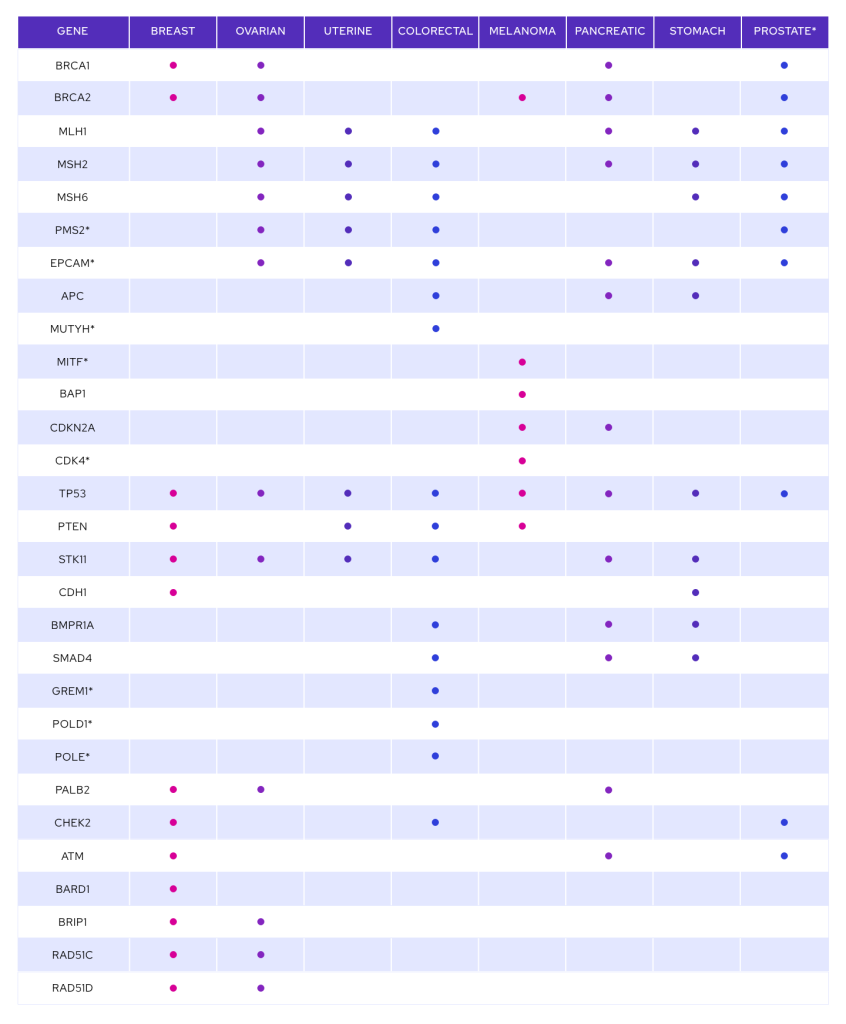SHARE YOUR RESULTS, HELP SAVE LIVES
If you are BRCA positive, there is a 50% chance that each of your children is also BRCA positive. In addition, this means other members of your family (mother, father, sisters, brothers, aunts, uncles, cousins) may also be BRCA positive and may not know. Share this life-saving knowledge with your family and friends and encourage them to get tested. You have the power to save lives.
Haleigh Youtie Talks Her Mom’s Legacy And Breast Cancer Awareness
For Haleigh Youtie, her life halted 6-months ago when she lost her mother, Eileen after an 8-year battle with breast cancer. Over her 8 year-long fight Eileen made it her mission to get all Ashkenazi Jews tested for a Breast Cancer Gene mutation, as she had the BRCA1 gene mutation herself. According to statistics, 1 in 40 Ashkenazi Jews carries a mutation of a BRCA gene, most without knowing.
Sharsheret and Yodeah Educate Women About Breast Cancer
In honor of Women’s History Month, our Women’s Philanthropy division wants you to know about Federation’s efforts to improve the lives of Jewish Women everywhere. Our Women’s Impact Initiative Grants are supporting two organizations that help Jewish women understand their risk of breast cancer: Sharsheret and Yodeah, which means “to know” in Hebrew.
STAY IN TOUCH WITH US
Message us below, and we’ll get back to you as soon as possible!
